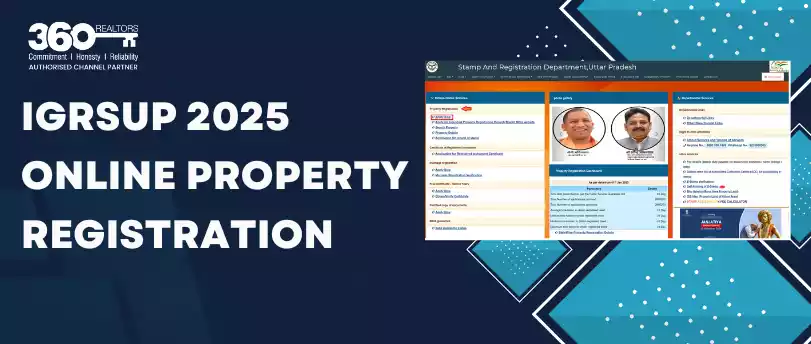The brokerage industry is the backbone of Indian Real Estate. Yet, the industry largely remains unorganized and unstructured. It is estimated that there are more than a million individual brokers & brokerage house(s) in the country, mostly operating as small set-ups or stand-alone units.
The industry has witnessed spurred organization in recent years backed by the emergence of larger brokerage houses, demand for institutional quality transaction support, pressing need for investments in technology and infrastructure, and much more. The process of organization further amplified last year, when the COVID-induced crisis rendered a surge in CAPEX and OPEX, thereby necessitating the need for the industry to embrace more structure to stay afloat, devise a sustainable medium-term growth agenda, and unlock incremental investments to vitalize the business.
By the end of the previous year, the share of larger brokerage houses or Institutional Channel Partners (ICPs), as they are called, has risen to 19% of the total market share, growing from 12% at the onset of the year. The year also saw a significant increase in symbiotic relationships between smaller players and bigger channel partners based on optimal sharing of resources, technology bandwidth, developer relationships, and profitability.
Further Rise in Organization is Inevitable
As the second wave has unleashed forcing the industry into a momentary standstill despite a steep jump in sales in the last two quarters, the brokerage space will further consolidate in the coming quarters. This will result in the gradual expansion of the market share of the ICPs, incorporation of new ICPs, and organic growth in other smaller players. This will also result in a surge in need-based partnerships between larger and smaller channel partners alongside proliferation in the real estate franchise business. It is expected that organization in the industry will reach anywhere between 24-27% by the end of the current fiscal.
Incremental Investments in Technology
Over the past few years, the Indian real estate brokerage industry just like other peers has been mulling over a technology blueprint to bring in more efficiency, optimize operational cycles, accelerate growth, and unlock new revenue streams. Yet, the industry which has mostly been pinned on strong human relationships largely maintained a stoic approach to implementing wider technological changes.
This however got a big jolt last year making inroads for wider technology-based innovations. The process will continue to unravel in the current fiscal, as technology and innovation will be the iron pillar on which the industry will stay firm, navigate the uncertain times, and develop new growth models.
Times to come will require elevated investments into CRMs & ERP solutions, advanced analytics, cloud-based software, space planning software, and much more. Similarly, to acquire quality leads it is important to systematically invest in digital marketing. As lockdown will continue to stretch and restoration of complete normalcy is far-fetched, the industry will pivot to online medium to secure streams of lead flows.
As technological investments will soar, more organization and structuring will follow. While larger advisories will have the bandwidth to make the additional investment, the path will be bumpy for smaller advisories, which will be further marred by cash flow disruptions. This will result in market consolidation, acquisition of smaller players by larger players, and franchise-based strategic arrangements.
Draw Attention of Institutional Investors
The realty market in India has come to a momentary halt with the decline in transaction volume. However, the long-term potential of the industry looks promising stemming from large aggregate demand, growth in urbanization, attractive property prices, and a slew of attractive payment plans. While commercial and office demand will continue to be subdued in the coming quarters, the residential market will soon bounce back. One of the lowest home loan rates in the last two decades will further help in quicker revival in the market.
Amidst a contradictory situation, where the industry is facing downtrends yet looks upbeat in the longer run, it is natural that increasingly bigger investors will gravitate towards the sector. The primary residential brokerage market itself is worth around ~ 3 USD Billion. As the market is largely unorganized, there is plenty of scope for bigger and more organized players to grow and evolve. The times ahead will see rising interest from various institutional investors, PE players, and HNIs, etc. in the brokerage space. This will help bring in long-term innovation, increased structure, and better industry benchmarks.






